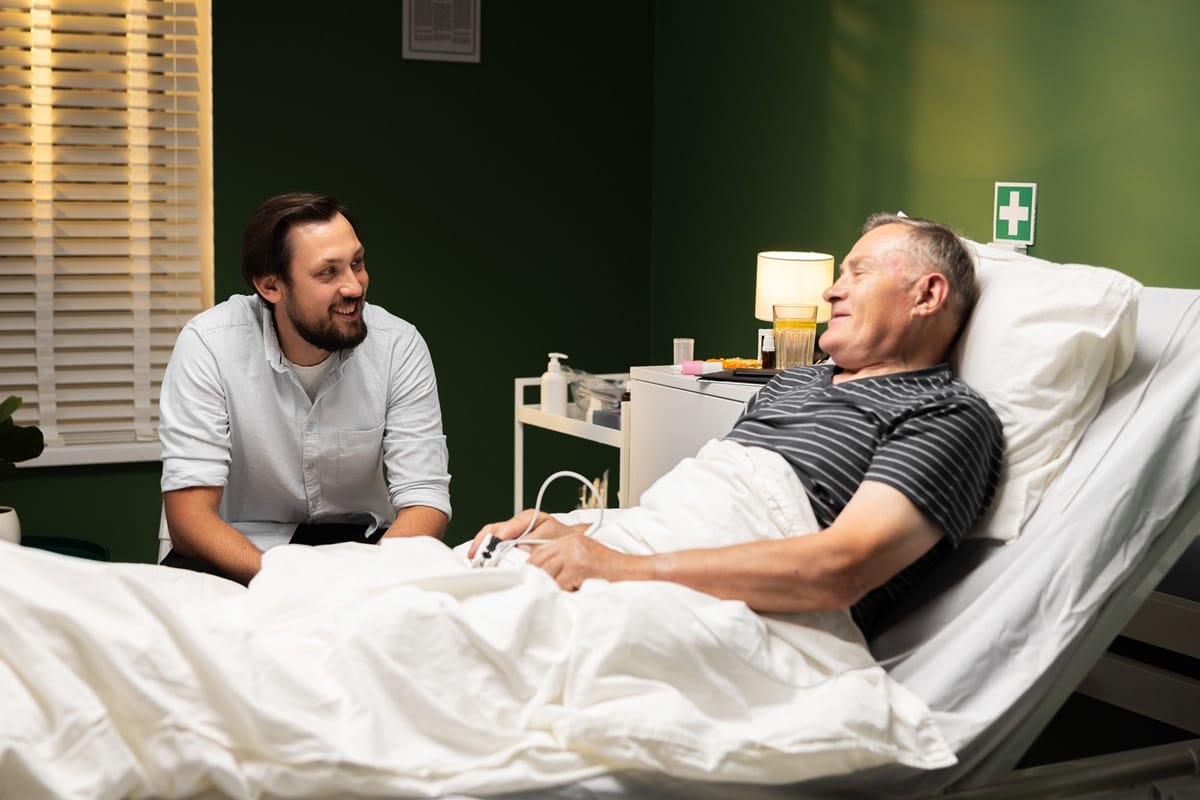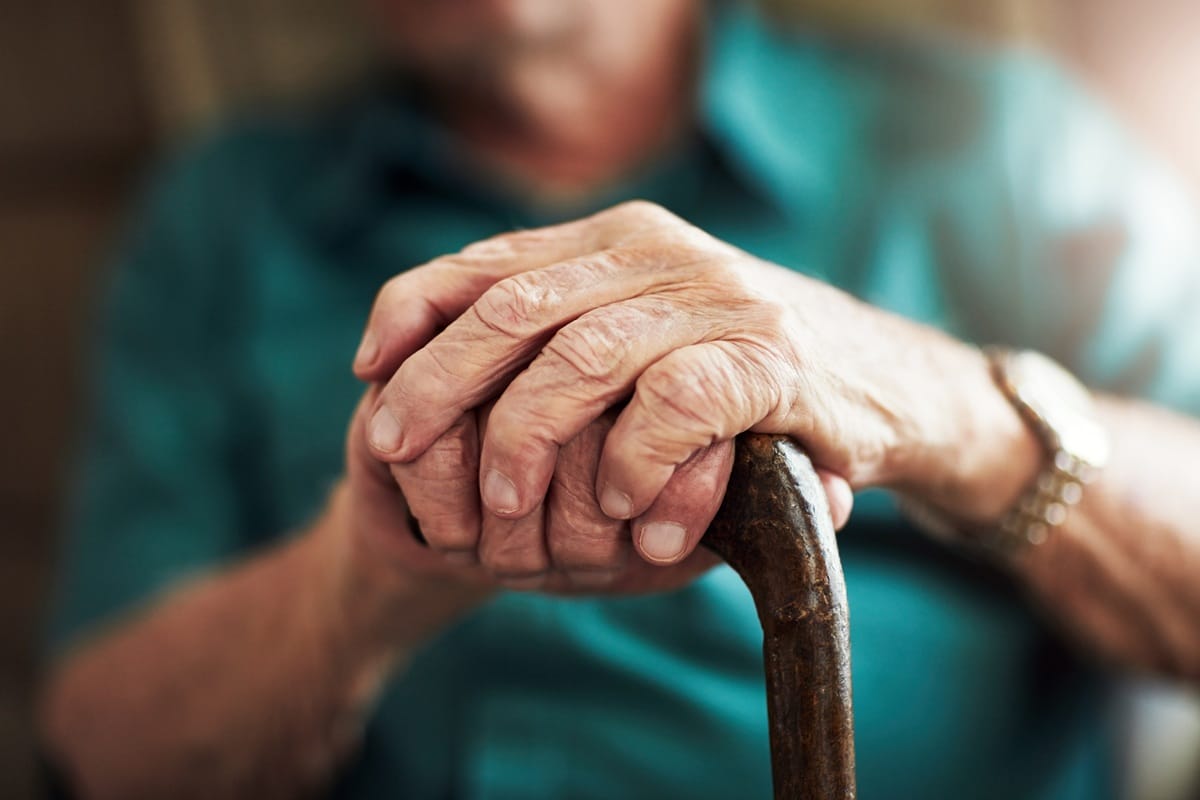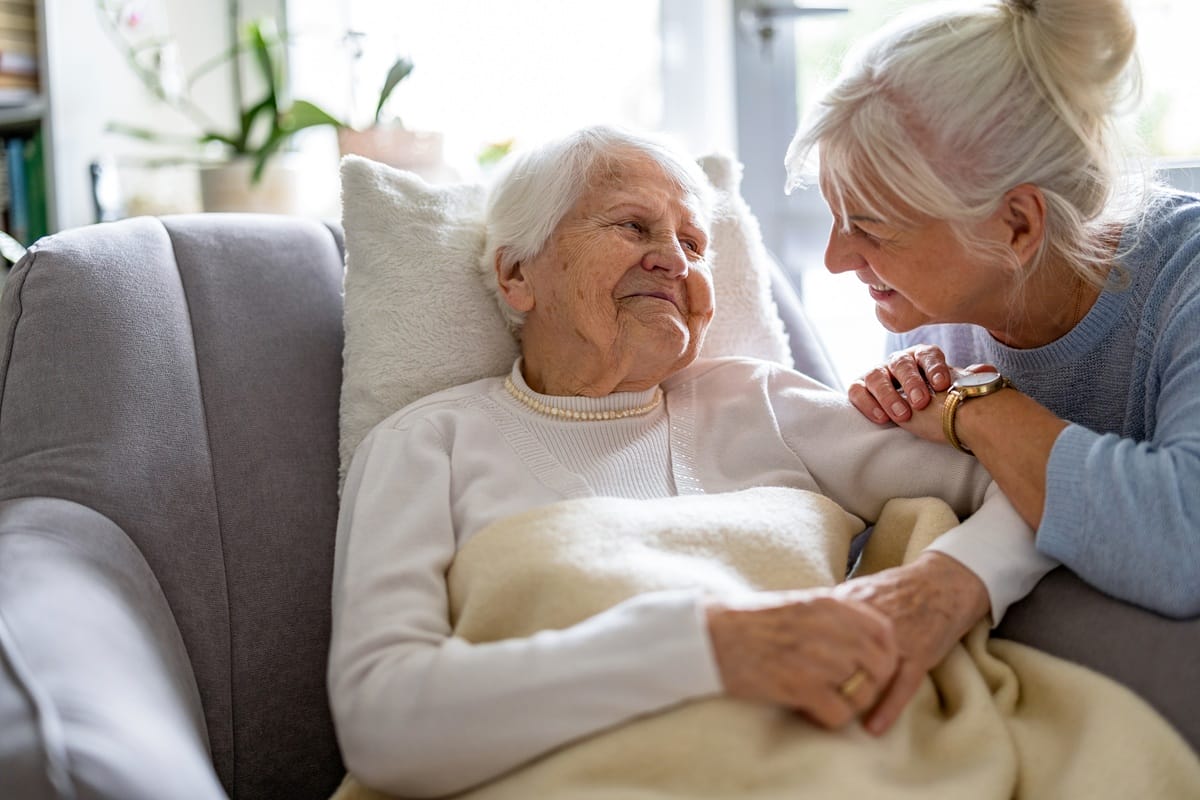Who is eligible for respite care?
Caring for an elderly loved one is a deeply rewarding experience, but it can also be physically and emotionally demanding. Respite care offers a temporary solution, providing quality support for seniors while giving caregivers the chance to rest, recharge, or attend to other commitments. However, understanding eligibility for aged care respite is essential to access these services.
This guide will help you navigate the process, criteria, and benefits of respite care, ensuring that you and your loved ones can make informed decisions.
What is respite care in aged care?
Respite care refers to temporary support provided to seniors who require assistance with daily living. This service is designed to give caregivers relief while ensuring that their loved ones continue to receive the best possible care. Respite care can last from a few hours to several weeks or even months, depending on the family’s needs and government allowances.
The service is offered in various forms, including residential aged care respite in a facility and at home respite where care staff provide 24-hour care in the home environment while the clients usual carer has a break away from their normal caring duties.
In addition to these core services, many aged care homes provide specialised respite programs tailored to individuals with dementia or other specific care needs, ensuring every resident receives the support they require in a safe and nurturing environment.

Who is eligible for respite care?
Eligibility for respite care is determined through an aged care assessment that considers a combination of factors, including the individual’s age, care needs, and caregiver circumstances.
Below is a detailed breakdown of eligibility requirements:
1. Age criteria
- Aged care respite is generally available to people aged 65 years and older.
- Aboriginal and Torres Strait Islander peoples may qualify at 50 years and older, recognising their specific health and cultural needs.
2. Care needs
The individual requiring respite care must demonstrate a need for moderate to high levels of assistance. Examples include:
- Help with daily living activities, such as dressing, eating, or mobility.
- Specialised care for medical conditions or recovery after illness.
- Dementia-specific care, available at facilities equipped with secure and supportive environments.
3. Caregiver’s situation
Primary caregivers may seek respite care for their loved one if:
- They need time away from caregiving duties for self-care or to address personal or professional commitments.
- They are experiencing burnout or stress due to caregiving responsibilities.
- An emergency situation arises, such as illness or injury, requiring them to step away temporarily.
4. Assessment by ACAT
Eligibility for government-subsidised respite care is determined by an Aged Care Assessment Team (ACAT). This assessment evaluates both the senior’s needs and the caregiver’s situation to recommend appropriate support.
5. Emergency situations
Seniors may access emergency respite care if unforeseen circumstances arise, such as a sudden illness or unexpected unavailability of the caregiver. Emergency respite is particularly valuable during times of crisis, providing families with immediate relief and ensuring the safety of their loved ones.

The ACAT assessment process
To determine eligibility, individuals must undergo an ACAT assessment. Here’s how it works:
- Getting a referral
Referrals can be obtained from a GP, local hospital, or directly through My Aged Care. - Home visit and evaluation
An ACAT representative will visit the senior’s home to assess their needs and caregiving arrangements. This evaluation includes physical health, emotional well-being, and daily living requirements. - Approval
After the assessment, eligible individuals receive approval for respite care, allowing them to access up to 63 subsidised days per financial year, with additional days possible under exceptional circumstances.
The ACAT process is a collaborative effort that ensures seniors receive appropriate care while providing caregivers with the peace of mind that their loved ones are in capable hands.
Types of respite care services available
Understanding the different types of respite care can help families choose the best fit for their needs:
- Planned residential respite care
- A scheduled stay in a residential aged care facility.
- Ideal for caregiver holidays or scheduled breaks.
- Emergency respite care
- Available for urgent situations where immediate care is needed.
- Ensures safety and support during unforeseen caregiver absences.
- Dementia-specific respite care
- Provides specialised support for individuals living with dementia.
- Delivered in secure environments designed to meet unique behavioural and safety needs.
- Flexible respite options
- Tailored to accommodate varying durations, from day programs to extended stays.
- In-home respite care can be offered for families who would prefer their loved ones to remain in familiar surroundings while receiving qualified care support.

The benefits of respite care
For caregivers:
- Time for self-care: Respite care allows caregivers to rest and focus on their well-being.
- Emergency Support: If an emergency arises, respite care provides carers with peace of mind that their loved one is still being cared for during their absence.
- Reduced stress: Temporary relief from caregiving duties helps to prevent carer burnout and exhaustion.
- Improved relationships: Time away can help caregivers to recharge emotionally and strengthen bonds with their loved ones.
For seniors:
- Engagement: Residential respite provides access to social and recreational activities in a community setting, allowing an opportunity to connect and engage with other seniors.
- Professional care: Respite residents receive comprehensive clinical and personal support from trained professionals during their stay.
- Transition support: Respite care provides an opportunity for seniors to experience a short stay in a residential aged care facility, helping them prepare for a future move from home. This gradual transition provides a lower-stress, supportive environment, fostering familiarity and comfort with residential care, helping families explore longer-term options if needed in the future.
Funding and costs
Respite care costs in Australia are regulated by the government. While there is a daily fee for services, this cost is capped and can be subsidised for eligible individuals. Families are encouraged to contact their chosen aged care facility to confirm fees and discuss funding options.
Government subsidies are a vital resource, making respite care accessible to families who may otherwise be unable to privately fund temporary care solutions. For detailed information, families can refer to the My Aged Care website or speak directly with a facility manager.
How St Jude’s can help
At St Jude’s, we offer flexible and compassionate respite care services tailored to meet the diverse needs of seniors and their families. Our residential facilities provide personalised care, engaging activities, and 24/7 professional support to ensure a positive experience for all residents. Our Home Care support services are able to provide in-home respite care for seniors to receive support in the comfort of their familiar home environment while their caregiver has a break from their care responsibilities.
Our team understands the importance of providing peace of mind to caregivers while ensuring seniors receive the highest standard of care. Whether it’s planned respite or urgent support, St Jude’s is here to assist every step of the way.
Finding relief through respite care
Aged care respite is a vital resource for families, offering temporary support that benefits both caregivers and seniors. By understanding eligibility requirements and accessing the right services, families can find relief and ensure their loved ones are in capable hands. Whether you’re planning a break or facing an emergency, respite care ensures continuity of care in a safe and nurturing environment.
Reach out to St Jude’s to explore how we can support you in your caregiving journey.